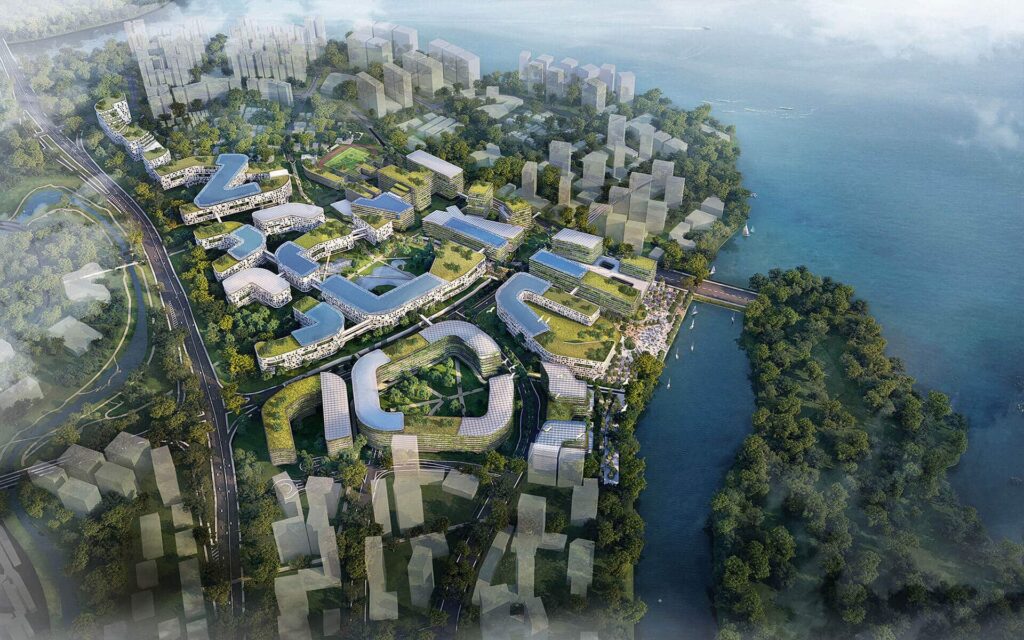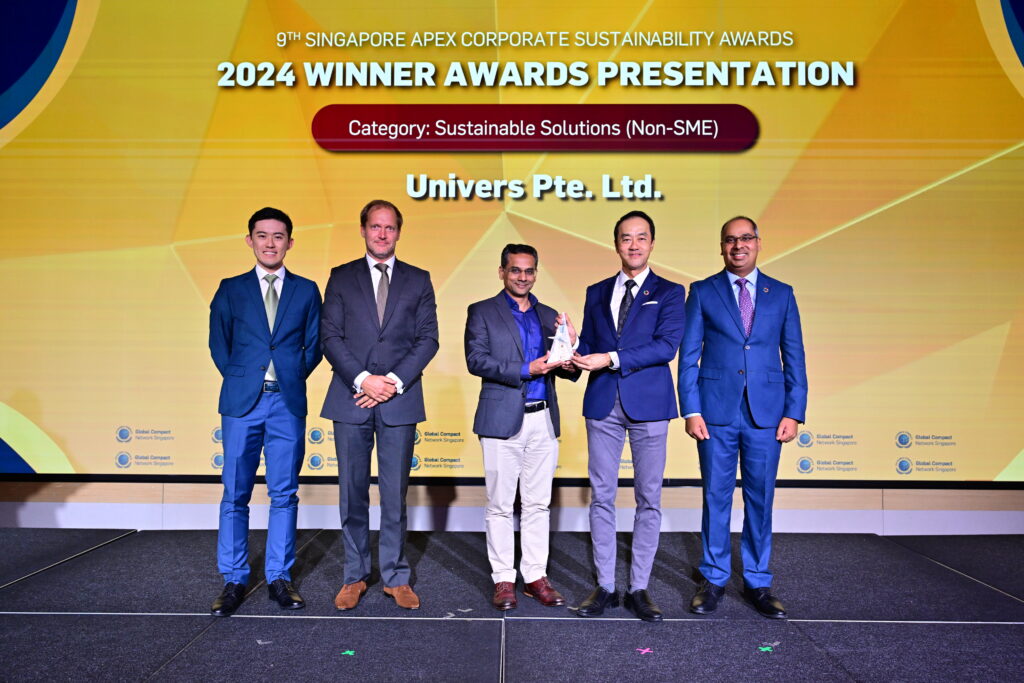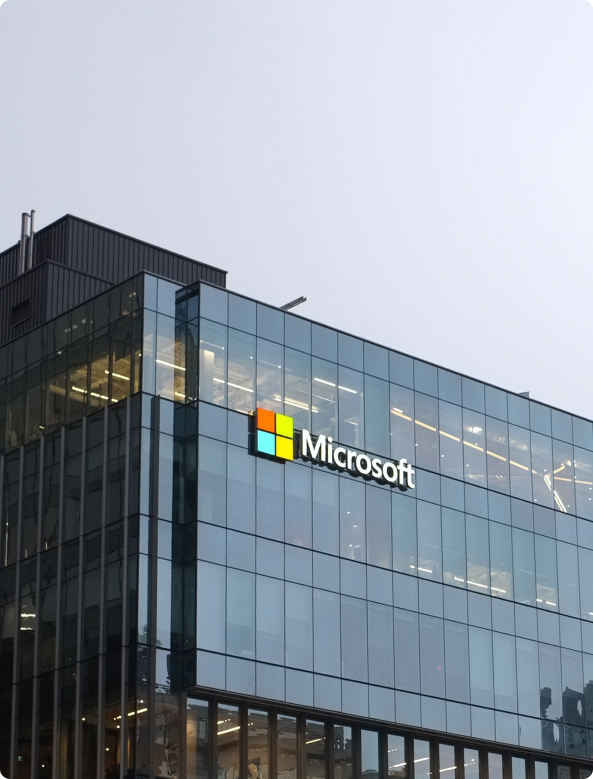
- Products
-
-
- EnOS™ Renewables
- Solutions for efficient management and optimization of renewable energy sources.
- EnOS™ Microgrid
- Unleash the potential of your assets with data analytics, monitoring, and performance management.
-
- EnOS™ Storage
- Enhance safety and operational efficiency across devices, sites, and portfolios.
- EnOS™ Charge
- A globally scalable charging-as-a-service platform for businesses, buildings, and homes.
-
- Products
-
-
- EnOS™
- Combine OT and IT, unifying decarbonization processes from carbon monitoring and offsets to energy management.
- EnOS™ Microgrid
- Unleash the potential of your assets with data analytics, monitoring, and performance management.
-
- EnOS™ Ark
- A comprehensive carbon and resource management tool for an end-to-end net zero journey.
- EnOS™ Storage
- Enhance safety and operational efficiency across devices, sites, and portfolios.
-
- EnOS™ Renewables
- Solutions for efficient management and optimization of renewable energy sources.
- EnOS™ Charge
- A globally scalable charging-as-a-service platform for businesses, buildings, and homes.
-
-
-
-
- Industries
-
-
- Manufacturing
- Enhance your manufacturing operations and industrial assets.
- Ports, Transport & Logistics
- Position your transportation hub as the preferred option for global customers.
-
- Real Estate
- Realize the full potential of your building assets and real estate operations.
- Retail & Consumer Goods
- Green your retail operations and promote transparency at the consumer level.
-
- Energy & Utilities
- Future-proof your operations and embrace the next generation of renewables.
- Financial Institutions
- Decarbonize your financial operations while paving the way for your clients.
-
- Public Services
- Empowering government agencies to lead the way in this decarbonization journey.
-
-
-
-
- Company
-
-
-
-
- About Us
- Learn more about Univers.
-
- Careers
- Working towards decarbonization with Univers.
-
- Latest News
- Our latest news and insights.
-
-
-
-
-
-
-
- Resources
-
-
-
-
- Customer Stories
- Here are just a few of their stories.
-
- Sustainability
- Our approach to advancing sustainability.
-
- Security & Compliance
- How we ensure the integrity of your systems.
-
- Our Partners
- Explore our partner programs.
-
-




